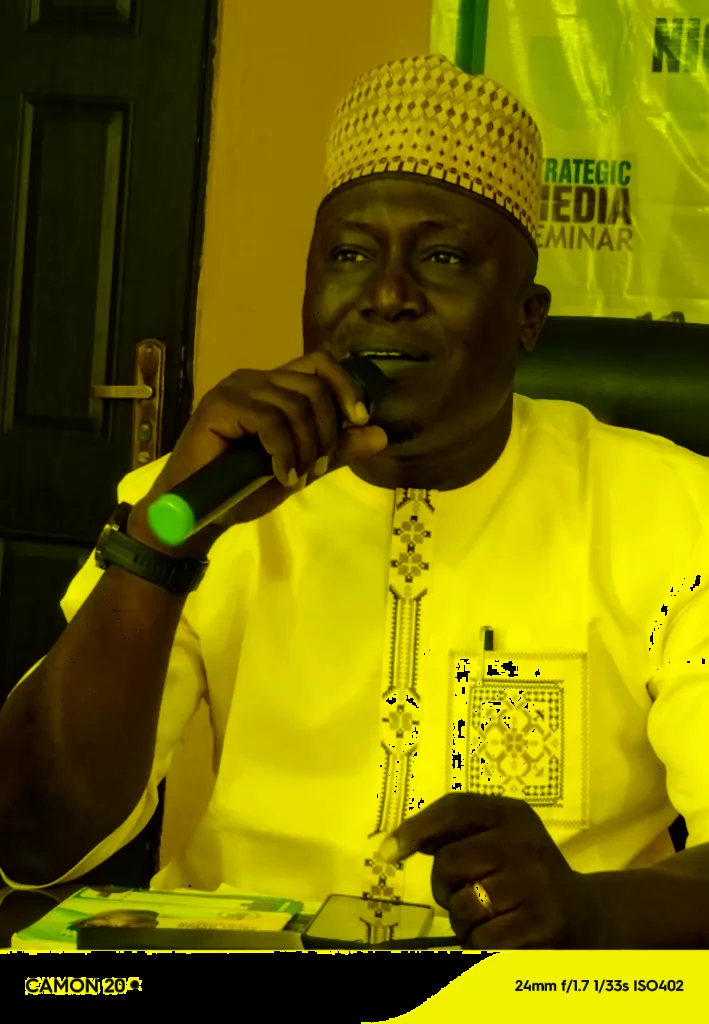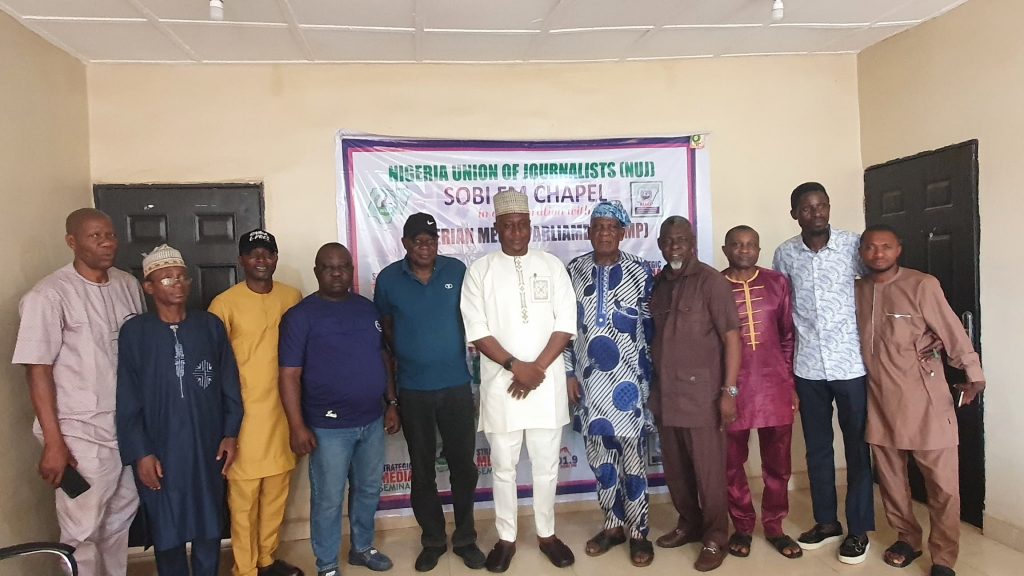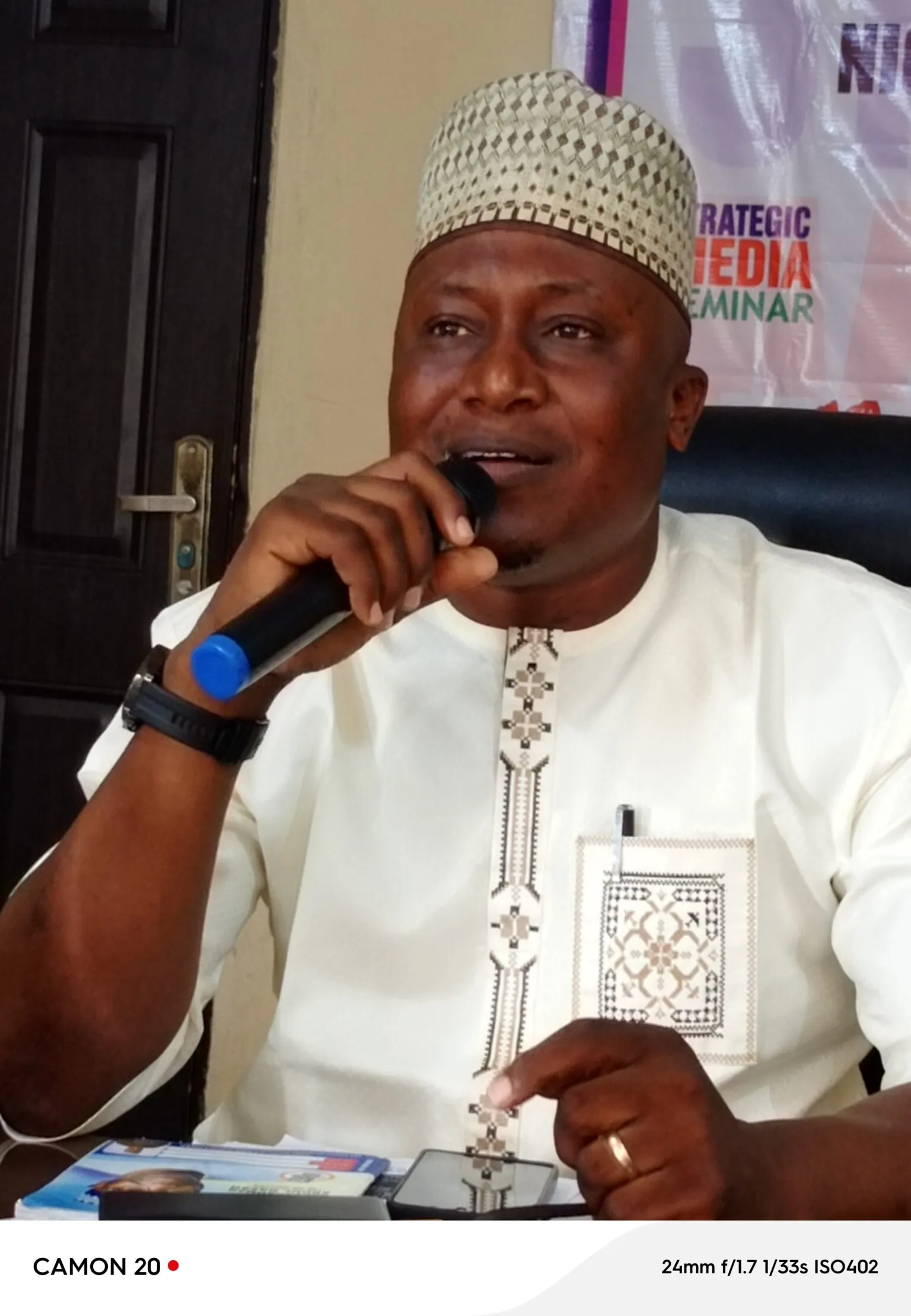By Dare Akogun
A chieftain of the All Progressive , Hon. Alhaji Makanjuola Yahaya Lanre, has said that while the Supreme Court judgement granting financial independence to local governments is a landmark victory for democracy, it must be matched with reforms that promote equity and transparency to avoid deepening existing inequalities across Nigeria’s local councils.
Mr Makanjuola made the remarks while speaking at the 6th NIgerian Union of Journalists Sobi FM Chapel Strategic Media Seminar, held in conjunction with the Nigerian Media Parliament in Ilorin, the Kwara State capital.

The event, themed “Grassroots Governance and Security: A Framework for Sustainable National Development,” brought together policy actors, media professionals, and civil society leaders to interrogate the future of local governance.
He praised President Bola Ahmed Tinubu for not opposing the Supreme Court’s verdict, describing the decision as one that will fundamentally alter how governance is delivered at the community level.

According to him “In Kwara State alone, we have 192 wards that have been waiting for this moment. Now, local authorities can independently tackle pressing issues without the long bureaucratic delays from the state government,” he said.
However, the real estate developer and grassroots organiser warned that financial autonomy may lead to unintended consequences if it is not carefully managed.
He noted that wealthier local governments could deliver superior services, while poorer ones might struggle to meet even the most basic public needs.
“Autonomy without a clear redistribution mechanism will reproduce the same pattern of inequality at the local level. What works in Ilorin West cannot work in Gwanara or Edu,” he noted, calling for a “national equalisation policy” to support under-resourced councils.
Mr Makanjuola also emphasised that the policy’s success will depend heavily on how citizens are educated about budgetary realities.
He said many local government officials are already struggling with rising expectations from residents who now assume financial independence means unlimited capacity to deliver.
“There’s this contradiction: people want more roads, electricity, and healthcare, but they also resist local taxation.
“This mismatch between demand and fiscal understanding will cause friction,” he said.
He proposed a nationwide campaign on financial literacy and budgeting for citizens, particularly at the grassroots.
“When people understand the numbers, they engage more responsibly,” he added.
The activist also highlighted the opportunity autonomy presents in fighting insecurity, especially in remote and vulnerable communities where federal intervention has been inconsistent.
“A responsive and well-funded local government can support community policing, youth employment, and even rural infrastructure that deters crime,” he said.
While noting that autonomy could become a tool for innovation and participatory governance, Mr Makanjuola stressed that fiscal transparency must be non-negotiable. “Budgets must be public. Procurement processes must be open. People must be able to track every Kobo spent in their ward,” he stated.
Mr Makanjuola concluded by calling for what he described as “a multi-level governance model” that allows for autonomy but also includes intergovernmental cooperation and support to prevent systemic marginalisation of vulnerable LGAs.
“This is not about choosing between control and freedom. It is about building synergy between levels of government and empowering communities to thrive,” he said.
The Sobi FM seminar also featured breakout sessions where local journalists and public affairs analysts explored strategies for ensuring that media reporting plays a role in tracking the outcomes of local government autonomy reforms.

